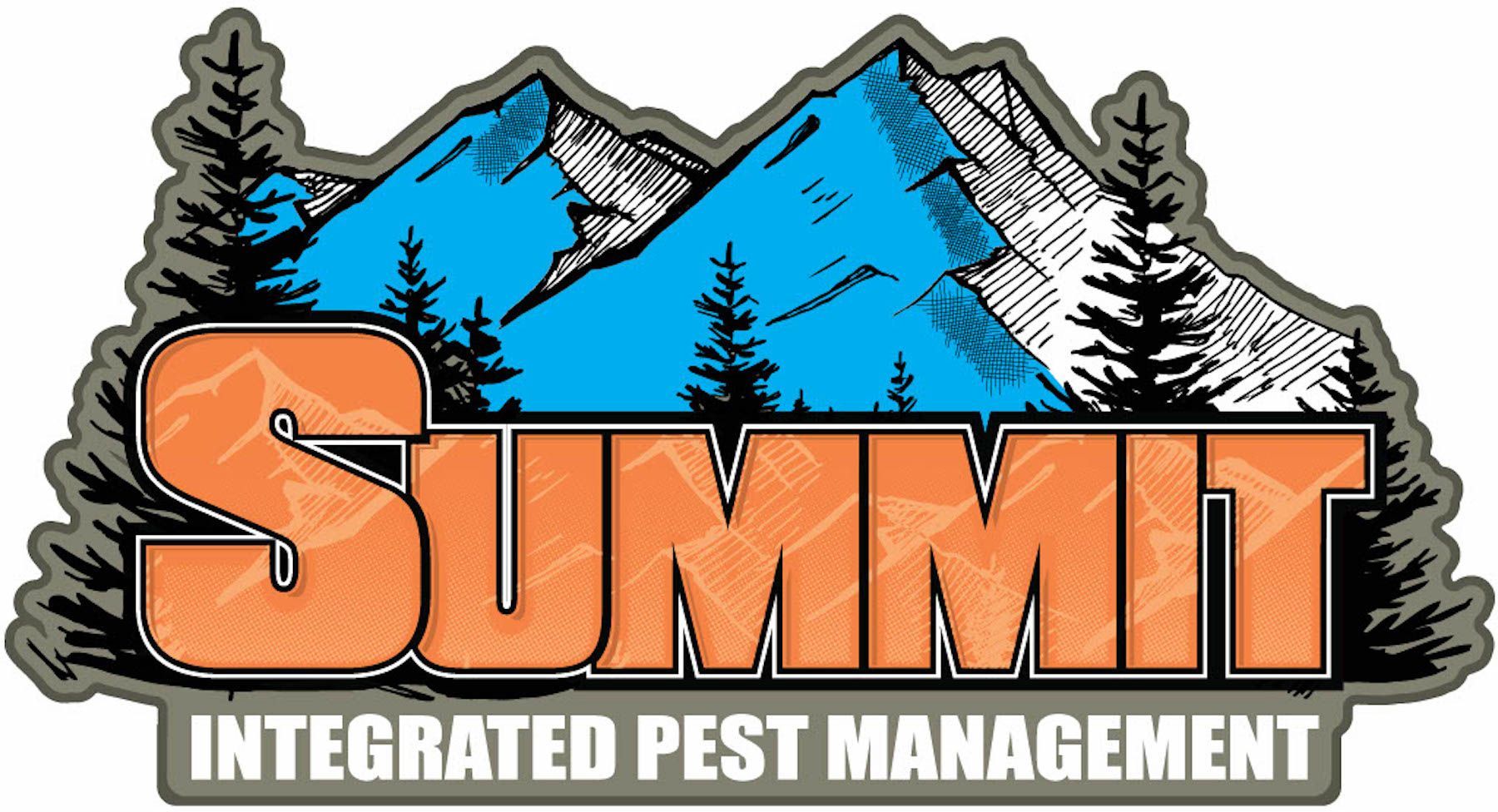When to Call a Termite Inspector in Boise
Termite inspections in Boise should happen before you buy a home, if you notice suspicious damage, or as part of regular home maintenance every few years. Professional inspectors know how to identify early signs of termite activity and can spot damage that homeowners might miss, potentially saving you thousands in repair costs.
What Signs Indicate You Need a Termite Inspection?
Watch for hollow-sounding wood when you tap on baseboards, door frames, or support beams. Small holes in drywall, paint that bubbles or peels for no obvious reason, and wooden structures that sound hollow could indicate termite damage. You might also notice small piles of what looks like sawdust near wooden structures.
Mud tubes along your foundation, basement walls, or crawl spaces are another clear sign of termite activity. These pencil-thin tunnels allow termites to travel from soil to wood while staying protected from light and air. If you see these tubes, schedule an inspection immediately.
How Often Should You Schedule Termite Inspections?
Most pest control professionals recommend annual termite inspections for homes in areas with moderate termite risk. If your property has had previous termite problems or you live in an area with high termite activity, you might need more frequent inspections. New homeowners should have an inspection within the first year, even if one was done during the purchase process.
Regular inspections catch problems early when treatment is less expensive and less disruptive. Professional inspectors can identify conditions that attract termites and recommend preventive measures to protect your investment.
What Happens During a Professional Termite Inspection?
A thorough termite inspection includes examining your home's foundation, crawl spaces, basement, and wooden structures throughout the property. The inspector will look for signs of current termite activity, previous damage, and conditions that could attract termites in the future.
Professional inspectors use moisture meters and other tools to identify areas of concern that aren't visible to the untrained eye. They'll check areas where wood meets soil, around plumbing penetrations, and other common entry points. After the inspection, you'll receive a detailed report explaining any findings and recommendations for treatment or prevention.
How Boise's Climate Affects Termite Activity
Boise's semi-arid climate with hot summers and cold winters creates specific termite challenges for homeowners. The area's clay soils retain moisture longer than sandy soils, creating favorable conditions for subterranean termites during spring and early summer months. Late summer irrigation and lawn watering can also create moisture conditions that attract termites to foundations.
Winter freezes in the Boise area push termite colonies deeper underground, making spring the most critical time for inspections when colonies become active again. Professional inspectors familiar with local conditions know where to look for termite activity based on seasonal patterns and typical construction methods in the Treasure Valley.
Summit Integrated Pest Management provides comprehensive termite inspections throughout the Boise area, backed by over 20 years of combined experience in pest management. Our team understands local termite behavior and building construction methods that can make homes vulnerable to infestation. We offer professional termite control services and work with both residential and commercial properties to provide thorough protection.
Don't wait until you see obvious damage to protect your Boise home from termites. Contact Summit Integrated Pest Management at (208) 908-2364 to schedule a professional termite inspection. Early detection and prevention are always more cost-effective than dealing with extensive termite damage.
